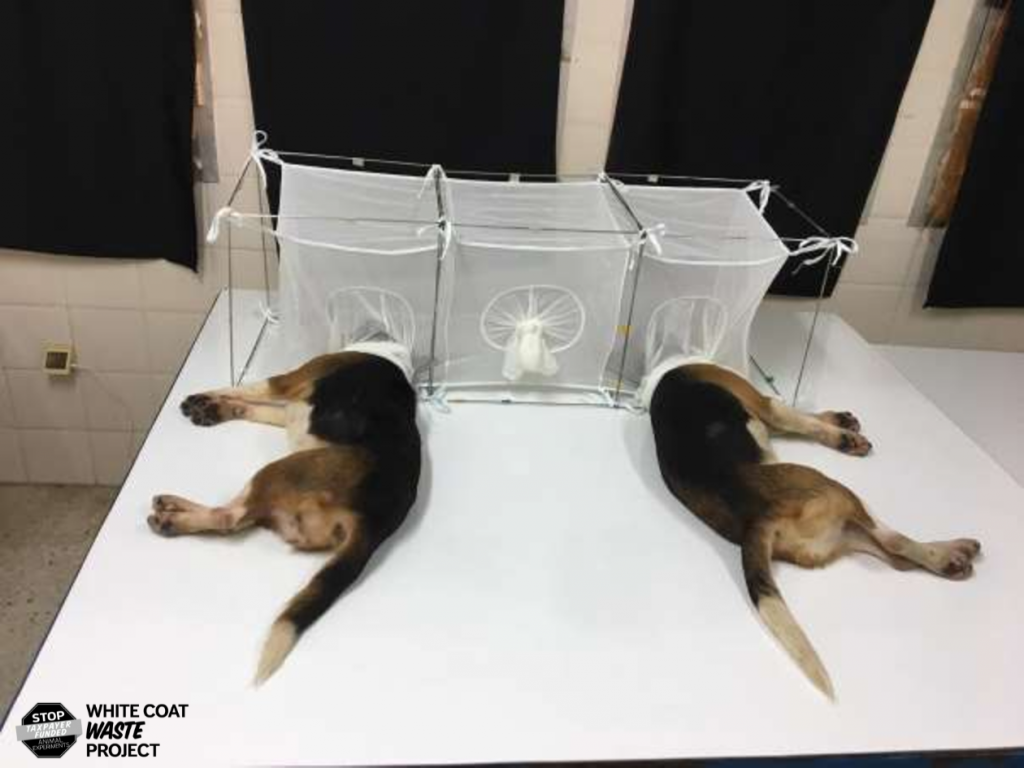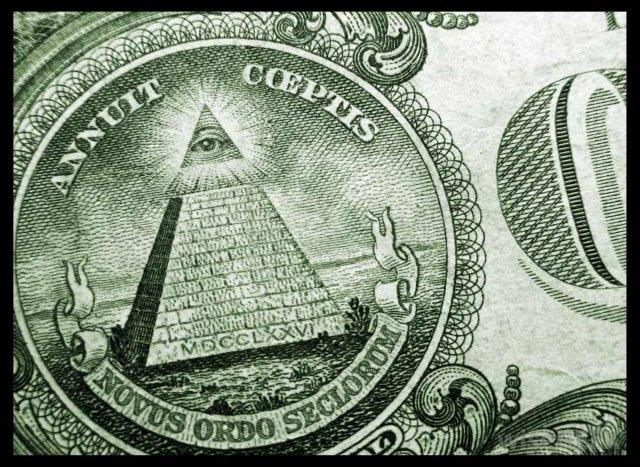“You asked me once, what was in Room 101. I told you that you knew the answer already. Everyone knows it. The thing that is in Room 101 is the worst thing in the world.” – O’Brien – Orwell’s 1984


“’By itself,’ he said, ‘pain is not always enough. There are occasions when a human being will stand out against pain, even to the point of death. But for everyone there is something unendurable — something that cannot be contemplated. Courage and cowardice are not involved.” – O’Brien – Orwell’s 1984
When the story broke about mass murderer Anthony Fauci funding the torturing and killing of puppies in Tunisia, with the picture of the puppies with their heads in cages so they could be eaten alive by hungry sandflies, after having their vocal cords slit (so the poor “experimenters” wouldn’t be subject to the harrowing howls of the dying puppy beagles), my mind immediately jumped to the climactic scene in Orwell’s 1984.
It’s funny, but it seems like I can find analogies to Orwell’s dystopian nightmare on a daily basis while observing how our government operates today. Room 101, introduced in the climax of Orwell’s masterpiece, is the basement torture chamber in the Ministry of Love. This is where the Party subject prisoners to their own worst nightmares, fears, or phobias as part of their intention in breaking the spirit of all dissenters. Resistance is futile when faced with the pure terror of your most horrible fears being realized.




